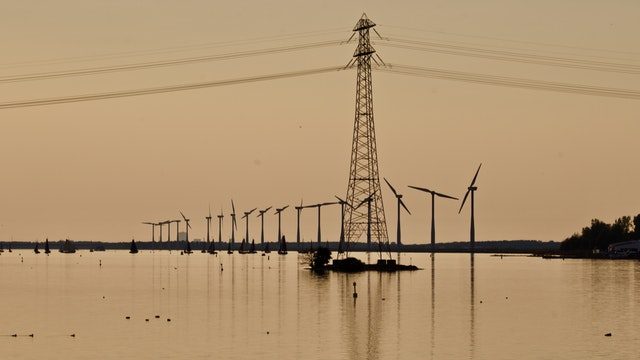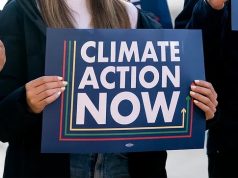Major transformations needed to put sustainable development in Asia Pacific back on track
Increased engagement from all sectors of society, along with a whole of government approach will be key to advancing the United Nation’s 2030 Agenda for Sustainable Development in the region where at the current rate of progress, only one of the Sustainable Development Goals (SDGs) is on track to be met by 2030.
This was the resounding message at the High-level Political Forum (HLPF) in New York where participants heard the outcomes of the 5th Asia Pacific Forum on Sustainable Development (APFSD) – a meeting convened by the United Nations Economic and Social Commission for Asia and the Pacific (ESCAP) in March 2018 in preparation for the HLPF. The APFSD convened annually is the primary platform for countries, civil society and the UN to share achievements, challenges and opportunities arising from the 2030 Agenda.
“In light of the complex risks facing the region, the 5th APFSD stressed the importance of inclusive, multi-stakeholder participation, including by disadvantaged, poor, vulnerable and risk-exposed populations, and engagement by all levels of government,” said Co-Chair of the APFSD, Levan Davitashvili, Minister of Environment Protection and Agriculture, Georgia in his report to the Forum.
“As many of our challenges from disasters to connectivity cut across borders, Member States also reiterated the importance of regional cooperation for the implementation of the 2030 Agenda and the SDGs, and reaffirmed the key role of ESCAP in coordinating and supporting regional actions,” he added.
ESCAP’s latest assessment shows only SDG 4 on achieving quality education and lifelong learning is on track to be met by 2030. It is not all bad news, however. Asia-Pacific has seen welcome advancements over the past three years, including in some of its least developed countries. Healthier lives are being led and wellbeing has increased. Poverty levels are declining, albeit too slowly. Innovation is powering new industries and infrastructure, and the region’s track record in poverty reduction over the past few decades is unparalleled.
Thank you for reading the story until the very end. We appreciate the time you have given us. In addition, your thoughts and inputs will genuinely make a difference to us. Please do drop in a line and help us do better.
Regards,
The CSR Journal Team













